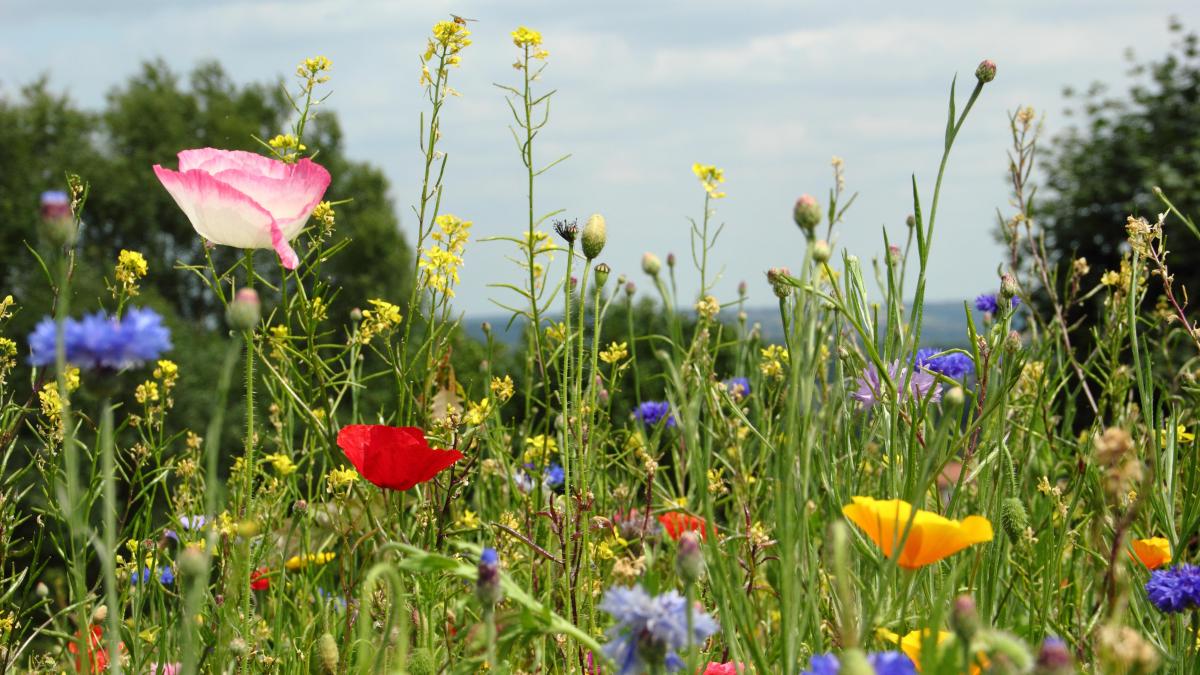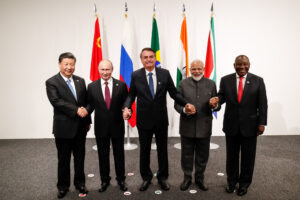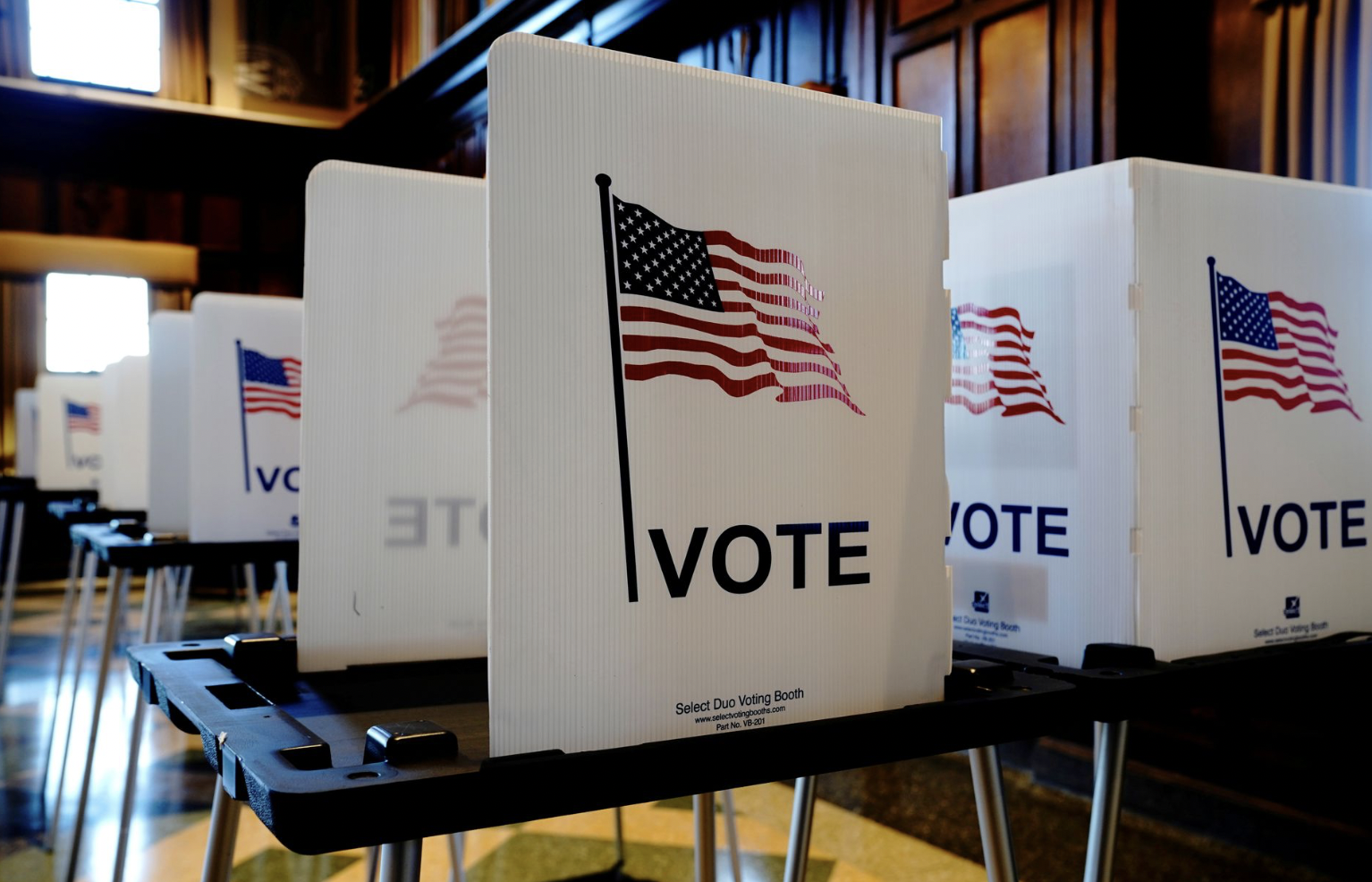|
Getting your Trinity Audio player ready...
|

The United Kingdom bragged about rewilding the country last year. But that was then and this is now. Nowadays, gas prices and inflation have given politicians a license to put environmental concerns on the back burner.
Last year, Boris Johnson said that the government would pay farmers up to £800 million per year to re-wild their land. This year, that number has been slashed to just £50 million, or less than 1 percent of the farming budget.
Government insiders told The Times of London that “the conflict in Ukraine has heightened the need to channel more support towards food.” But government intervention is usually what harms farmers the most.
After World War II, Britain put an emphasis on growing in order to prevent ever having food shortages again. That and improved farming technology led to a superabundance of food. As Isabella Tree, a former dairy farmer and author of the book “Wilding,” puts it: “By the 1970s, Europe’s agricultural supply so outstripped the demand that grain and butter mountains, and milk and wine lakes accumulated in colossal grain bins and refrigerated warehouses across the Continent. With a super-abundance of grain the principal problem for the new wave of European cereal growers was how to prevent prices falling through the floor.” This led to the “zero-grazing” phenomenon of feeding grain to animals that did not usually eat grain. Now we do not know how to put that horse back in the barn, so to speak.
Rewilding land would accomplish all manner of things that could improve our food supply but politicians need a quicker fix. Or maybe they don’t have to pretend to care about the environment because of what is now broken. Either way, Sorry Mother Nature.





